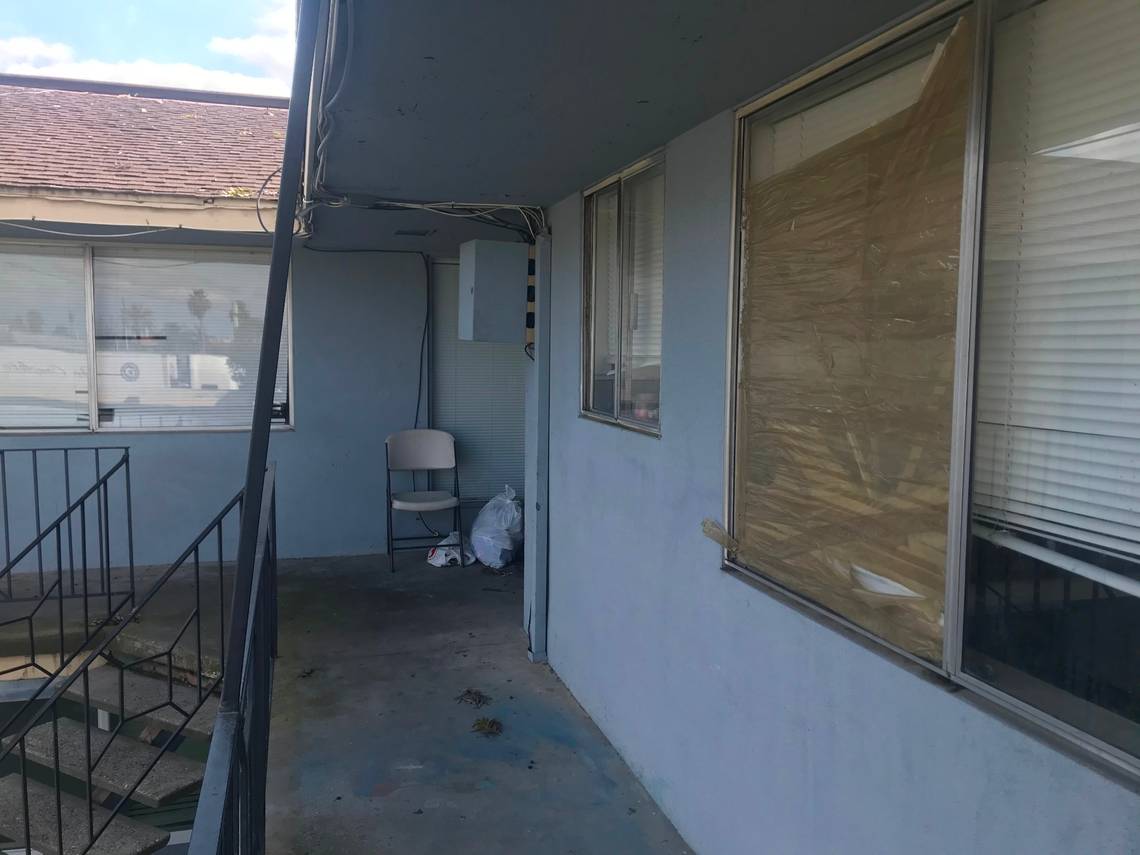As a tenant renting a property, you may have friends or family visiting you from time to time. However, landlords have certain rights to restrict access to the property in some situations. In this article, we will explore a landlord's ability to trespass or ban a tenant's guest from the rental property.
Can a landlord trespass a tenant's guest?
Yes, a landlord can keep a tenant's guest from accessing the property if that guest has broken the rules outlined in the lease or broken local, state, or federal law while on the premises. The landlord must have a written notice served to the guest in question stating the reason why they are no longer allowed on the property.
This notice specifies what rule or law the guest violated. It must be delivered by a sheriff or served personally.
What must the guest have done to be trespassed?

For a landlord to legally trespass a tenant's guest, the guest must have taken an action that violated the terms of the tenant's lease or broke a law. Minor disturbances or nuisance issues may not be enough to ban someone. The notice served to the guest by the landlord must clearly specify what rule or statute was broken to justify barring that person from the rental property going forward.
Things like disorderly conduct, property damage, or criminal trespassing could allow a landlord to take this step.
Related: Can A Landlord Make You Get Rid Of Your Dog?
How will the tenant know their guest was trespassed?
In addition to serving the notice to the banned guest, the landlord must also provide a copy of that notice to the tenant. This ensures the tenant is made aware that their guest is no longer permitted on the premises by the landlord's order.
The tenant needs to know not to invite that person back or risk facing potential consequences themselves.
What consequences face a tenant if their banned guest returns?
If a tenant allows or invites a trespassed guest back to the rental property, it can place the tenant at risk of eviction. As the official resident, tenants are responsible for following the rules in their lease. That includes not allowing people on the property who have been formally barred by the landlord.
In some assisted housing situations, tenants can face penalties even if they did not know their banned guest had returned. Landlords have grounds to start eviction proceedings against a tenant if this occurs.
What process does an eviction for a banned guest follow?
If a landlord wants to evict a tenant due to issues with their barred guest returning, they must first provide written notice to the tenant. For more minor first offenses, the notice will give the tenant 21 days to remedy the situation before starting a 30-day eviction process.
However, in cases involving serious criminal misconduct, the landlord can issues a 30-day notice or shorter immediately. After the notice period ends, the landlord would need to file an unlawful detainer lawsuit in court if the tenant has not vacated. The tenant can present a defense at the resulting eviction hearing.
What recourse does a tenant have if they disagree with the trespassing?
If a tenant believes their landlord has wrongly issued a trespassing notice to their guest without cause, they can take legal action. The tenant can file a tenant assertion in court seeking a review of the landlord's decision. A tenant assertion needs to follow proper legal procedure.
This allows a neutral third party, the court, to evaluate the situation and determine if the landlord's decision to bar the guest was justified based on the lease terms or applicable laws.
Conclusion
In summary, while tenants have a basic right to invite guests of their choosing to their rental property, landlords also have authority to restrict access in certain situations. If a tenant's guest has violated lease rules or broken the law on the premises, the landlord can legally trespass that individual with proper written notice. Tenants should be aware that allowing banned guests back could subject them to penalties up to and including eviction. Disputing a trespassing decision requires taking the matter to court through a tenant assertion.





